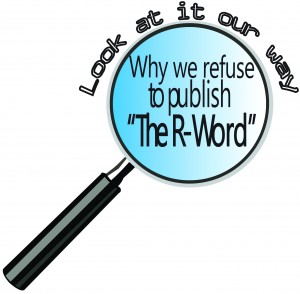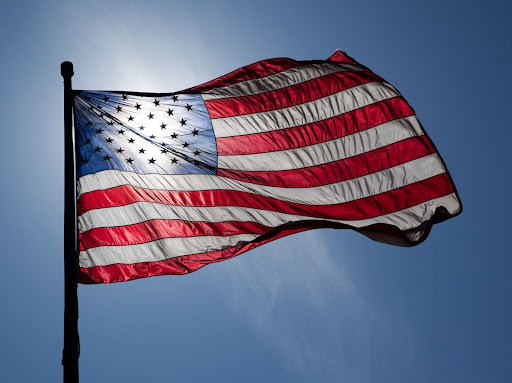
It is one of the most controversial issues in Neshaminy’s history. It is a topic that no one wants to discuss, but one that needs to be discussed. It is Neshaminy’s nickname, its mascot, its pride. The “Redskin”, Neshaminy’s long-time moniker, has come under fire from community members for its racist origins and meaning time and time again, all to no avail. Many, if not most, community members and students have shown that they do not wish to have the nickname changed; some don’t find it racist (quite the opposite, they think it honors those indigenous to the area), others just want to maintain the tradition. The Playwickian has come to the consensus that the term ‘Redskin’ is offensive. Whether it’s the most basic dictionary definitions , the opinions of many Native Americans, or a more in-depth look at the word’s origins, the evidence suggesting that ‘Redskin’ is a term of honor is severely outweighed by the evidence suggesting that it is a term of hate. It is for these reasons that The Playwickian editorial board has decided it will no longer use the word ‘Redskin,’ or any derivative such as “‘Skins” within its pages in reference to the students or sports teams of Neshaminy High School.
The word ‘Redskin’ is racist, and very much so. It is not a term of honor, but a term of hate. “Our children look at us when they hear this term with questions on why people would use this hateful word,” said Chief Bob Red Hawk member of the Lenape Nation.
The word itself is ambiguous in its meaning and origin. According to the Oxford English dictionary, it refers to the red face paint used by Native Americans back in the 16th and 17th centuries.
Others, like Smithsonian Linguist Ives Goddard, a man now getting press for his research into this issue, believe it is a term created by Native Americans to describe themselves as being “red” compared to the “White” Europeans. But in The Washington Post, Goddard himself noted that “you could believe everything in my article” and not agree with using the word. It’s also possible that through the process of pejoration, says the Oxford English Dictionary, that the word developed its offensive meaning as time went on. Offended Native Americans commonly cite that the “R-Word” ,as many Natives refer to it, is derived from the time period in which Native Americans were hunted for bounty. In addition to referring to the color of the Natives’ skins, ‘Redskin’ refers to the collecting of their scalped skins during the genocide of the Native peoples. “ From the 1600’s to the late 1800’s cash bounties were posted by both British and U.S. governments for the delivery of “redskins,” scalps and body parts,” said Clan Mother Ann Dapice, Ph.D, also of the Lenape Nation. While the word started as a term about face-paint, it grew to be much more offensive through pejoration.
Detractors will argue that the word is used with all due respect. But the offensiveness of a word cannot be judged by its intended meaning, but by how it is received.
An Associated Press poll showed that 4/5 of surveyed Native Americans wouldn’t change the Washington Redskins mascot, and an Annenberg Public Policy Poll showed 90 percent of the same demographic wouldn’t change it.
These numbers may seem low to some, but it must be kept in mind that a sports nickname should not be offending anyone. These numbers could be even higher among local Native Americans, or ones that still celebrate and cherish the Native culture.
Even the most basic dictionary definition of the term describes it as “offensive,” “derogatory,” or “pejorative.” These are also used to describe the “N-word” and other racial slurs. Imagine if Neshaminy had used words of equivalent offensiveness, only for different races. The term ‘ Negro’ is similar to ‘Redskin in its pejorative nature, both started as words without racist charge, but through history , use, and connotation, became words that meant much, much more to the people they describe. It is as unnacceptable to publish the term ‘Negro’ in casual context as it is ‘Redskin’ . The ‘R-Word’ is at least awkward, at most a racist slur.
The Playwickian cannot publish it for these reasons. The change is not being encouraged for the sake of political correctness itself, but for the sake of being respectful and fair to an entire race. If racist institutions had remained in other areas of society simply because they were time-honored traditions America would be a vastly different place.
Look at it our way is the unsigned editorial which represents two-thirds view (14 members) of the Editorial Board.







